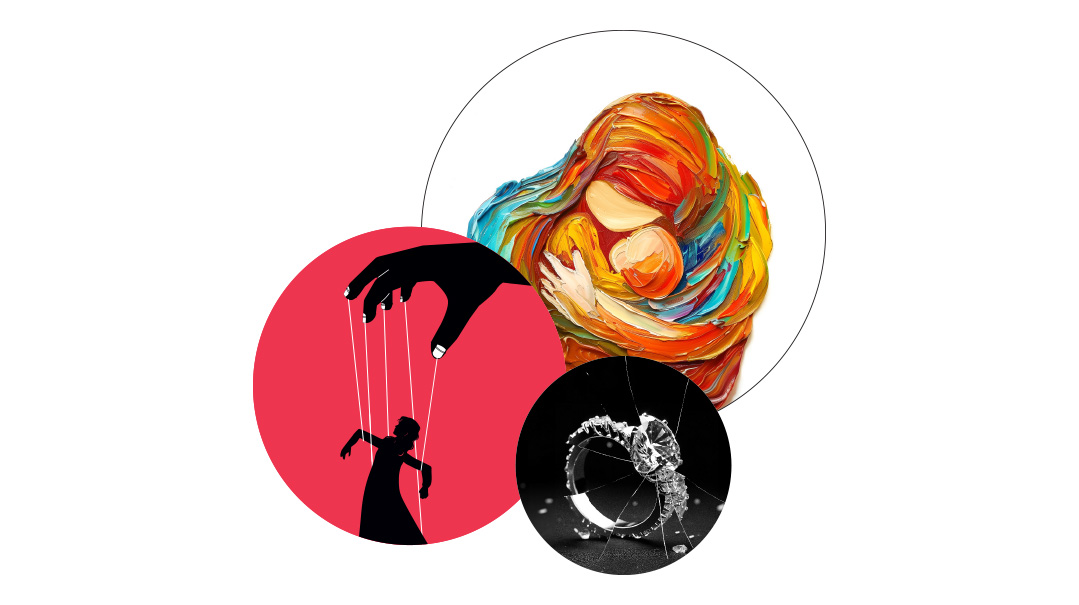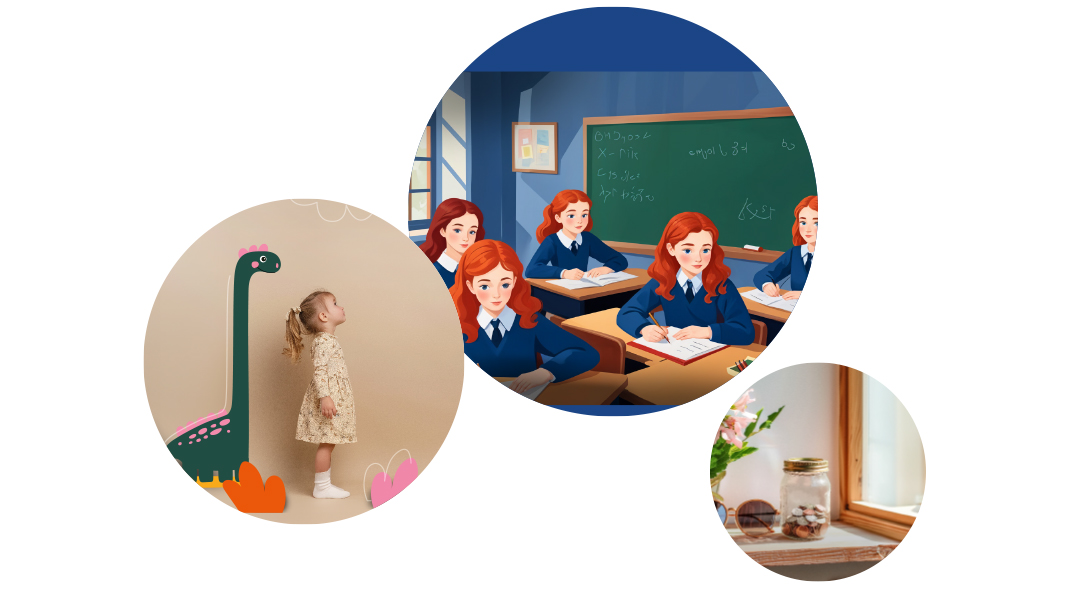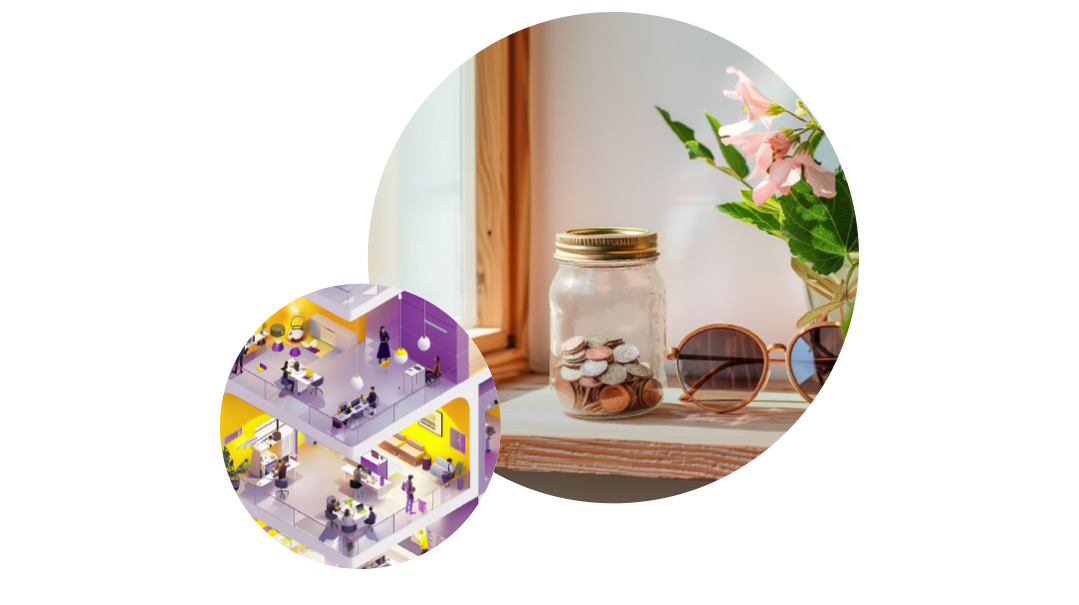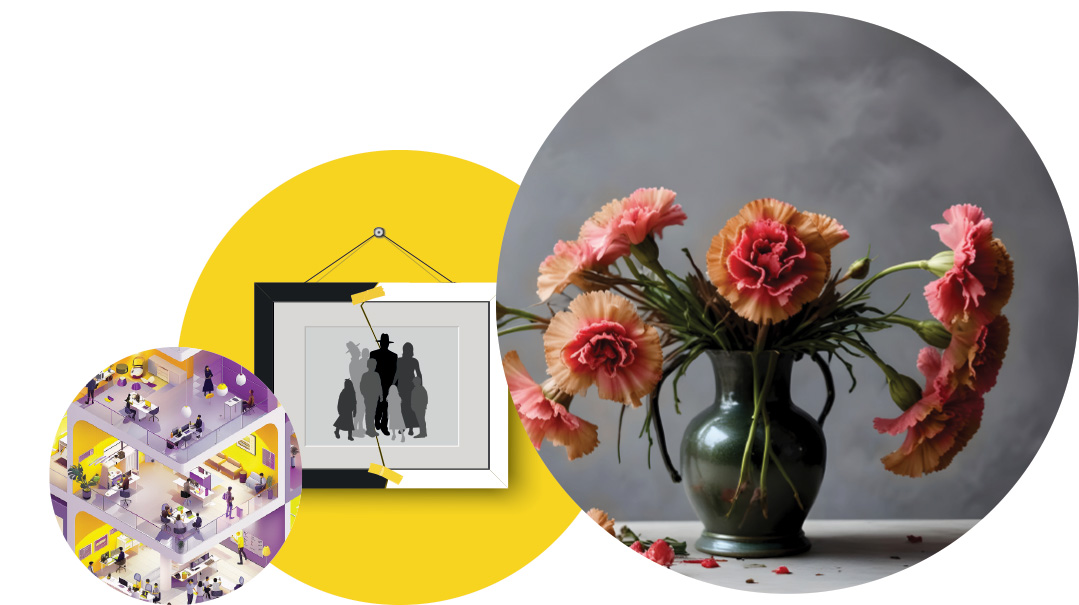Family First Inbox: Issue 796

"I have learned that this is part of an addiction called love addiction, and it is a real addiction just like any other"
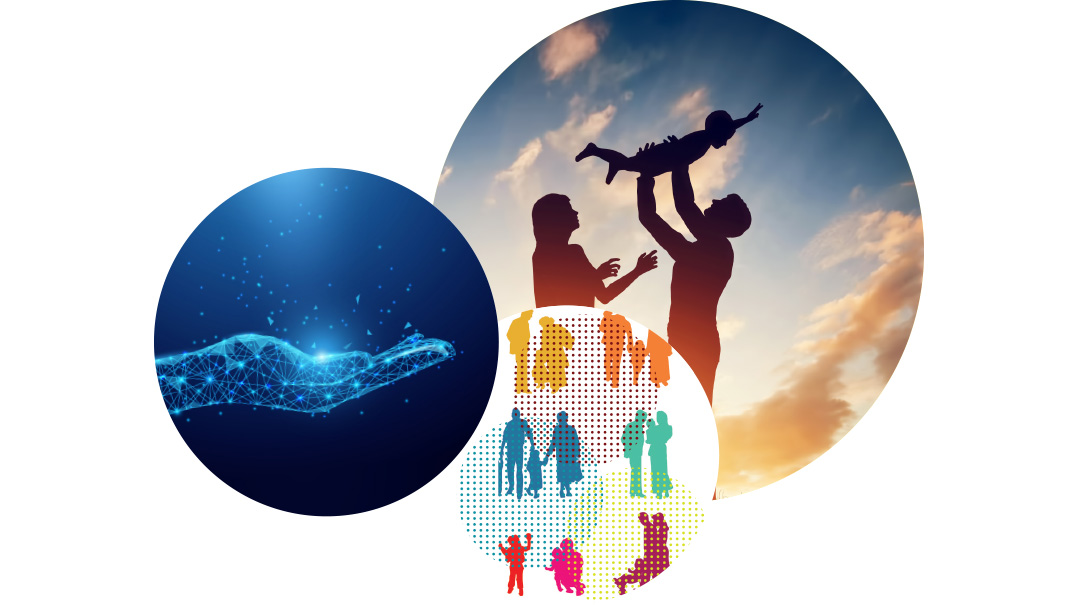
It Didn’t Matter [On the Shoulders of Giants / Issue 795]
As I read your article about children of baalei teshuvah, I couldn’t help but feel the lack of pride and a slight negative connotation when discussing the childhoods of the children who are first generation FFBs. Growing up in Passaic, New Jersey, I thought no one’s grandparents were frum, and if they were, it was a commodity.
I didn’t grow up feeling “different,” “strange,” or “out of the box,” and I think I can say the same for the friends I grew up with.
My parents’ shul is probably 80 percent baalei teshuvah. Davening there, you’d never guess. It’s a normal, middle-of-the-road crowd of bnei Torah, with one of the most beautiful Yamim Noraim minyanim in the state.
The married children of the shul are fully “integrated” into frum society, living in Monsey, Lakewood, Passaic, and many other “mainstream” yeshivish communities.
We grew up with pride in who we were, no one was embarrassed when their grandparents came for Yom Tov, no one blinked an eye when someone had a Thanksgiving supper with the extended family, most adults went by English names, and nobody cared if you had frum cousins or not. Because it didn’t matter.
We grew up in homes that loved Torah. Frumkeit was real. Torah was something that you lived and loved because it’s invaluable, not because it’s “just what we do.”
The adults who were children that grew up in a town like Passaic are proud bnei Torah and true bnei aliyah.
Halevai all of Klal Yisrael should grow up in an atmosphere like I did.
Passaic and Proud
Whirlwind of a “Friendship” [Family Connections / Issue 794]
Sarah Chana Radcliffe is always on point in her articles, but the insightful article on relationship OCD/limerence really hit home for me in an extremely personal way. As a person who has suffered from this through various relationships, I can honestly say that I really thought I was nuts. You article opened my eyes to show me that what I experienced was real and needs to be dealt with. I found myself nodding my head, thinking “This is sooo me!!”
Case in point: When I was in seminary, I didn’t come with too many school friends and was looking forward to meeting girls who I could be friends with. And in the beginning of the year, I struck gold. I found the girl who I was convinced was going to be my best friend. Or so I thought.
In reality, I began a whirlwind of emotions that haunted me the entire sem year and beyond. We clicked right away, and I literally didn’t stop thinking about her from morning to night. We were considered friends and ate some Shabbos meals together throughout the year, yet every encounter with her was constantly playing through my mind. I constantly analyzed every single word she ever said to me, from morning to night, trying to determine where we stood in our relationship. I knew her schedule and routine through and through and I found myself “stalking” her, always looking to be in the right place in and out of sem so as to bump into her, preventing myself from actually experiencing Eretz Yisrael.
The strangest part was that I would not approach her, I would wait for her to come over to me so that I wouldn’t experience rejection. I would wait to make Shabbos plans until the last minute, hoping that she would invite me to join her. In the journal I kept throughout sem, I wrote daily entries saying that she was perfect and that I needed to be with her.
At some points I attempted to drop the relationship, doing what I coined “avoidance therapy,” but then we would speak and the whole range of emotions would pick right back up. This continued after we left sem as well, when I would carefully calculate when I could call her, then keep records of how many minutes we’d spent on the phone, trying to calculate the status of our relationship. I still wonder if she ever viewed me the same way as I did her, or if she ever noticed what I was going through…
What I’ve shared here doesn’t begin to do justice to the emotional roller coaster I suffered from. Unfortunately, as a result of this unhealthy situation, I didn’t allow myself to make other, real friends who I could keep up with. I spent so much time feeling down, crying that she wasn’t interested in me, at a time when I should have been excited and happy. I look back at this once-in-a-lifetime year with such remorse and regret over how I destroyed my time in Eretz Yisrael. Please, educate girls about this condition before they are put into any potential friendship-making scenarios (new schools, camp, sem, etc.), so that no one will experience the same thing I did. (Remember, no girl or woman will ever admit that she’s obsessed with someone!)
Thank you again for bringing up this important topic. May many people be helped as a result.
Recovering from My Roller Coaster
Healing from Addiction [Family Connections / Issue 794]
I always enjoy Sarah Chana Radcliffe’s insightful articles and responses. Her recent piece about relationship obsession, or limerence, deeply resonated with me. I have been in a very similar relationship and I very much relate to what this reader and then Sarah Chana were describing. I would like to add to Sarah Chana’s response, in the hope that it could help this reader and many others.
I have learned that this is part of an addiction called love addiction, and it is a real addiction just like any other. Unlike drug, alcohol, or gambling addictions, it is harder to pinpoint due to its nature. There might be lots of denial until one has the courage and clarity to see it for what it is — the relationship may seem like a regular, close friendship.
I was able to heal by working with a therapist familiar with addiction, targeting the core of codependence and low self-worth, and joining 12-Step programs. Surrounding myself with a group of healthy, supportive people has really helped me get through the work involved. My 12-Step program friends have been a huge part of my recovery.
I would also like to recommend the book Grab the Reins by Shoshana Schwartz, originally serialized in the Family First, which was extremely powerful and really kickstarted my journey towards healing.
One final message; Although it may be quite painful and difficult to work through this and face all of this stuff, the journey is beautiful, enlightening, and priceless. It’s hard to believe that I am writing these words, but I am truly grateful to Hashem for the opportunity He has granted me to uncover my true self and the wonderful world around me.
Name Withheld
The Balabusta’s Secrets [Words Unspoken / Issue 794]
Dear “Your Neighbor the Poet,”
Reading about your struggles with the balabusta side of life really pained me. It must be so frustrating to feel so much confusion, doubt, and incompetence at every turn. The good news is that while there is no balabusta school, there are certain tips and techniques that can help you tremendously. Just like a messy person can learn home organization, an intellectual can learn “balabustering.”
I’ll let you in on a secret: When I got married, I was pretty clueless too. The self-confidence that you see today was acquired through lots of trial and error, inquiring phone calls, and note-taking! Yes, I may have a natural knack for it, but it wasn’t as effortless as it seems.
Here are some tips that helped me:
- Buy a binder with dividers for each Yom Tov or other hectic occasion such as vacations. Your shopping list, menus, and any other important information should all be stored there. After each Yom Tov/simchah/vacation, write notes about what went well and what didn’t and what you would like to change in the future. (Don’t forget to include information on who your guests were and whether you were invited out.)
- Every time you try a recipe from a book, make annotations on what to do differently next time, whether it’s a huge patchke, etc. I put a star by each “winning” recipe. When I’m in a hurry, I only make starred recipes.
- Don’t be shy about consulting with others! Ther’s nothing wrong with asking your butcher which meat is “no fail,” or Googling “how to make homemade breadcrumbs.” Call up your daughters-in-law for advice and they’ll feel like a million dollars.
I hope these tips are somewhat useful. Remember that you’re a package deal, and while your family may not be treated to magazine-worthy tablescapes, you have plenty of other qualities that you bring to the table (no pun intended). Giving your children love, warmth, and attention will fuel them for a lot longer than any meal.
Rooting for you,
Your neighbor the balabusta who will happily show you some shalach manos tips in exchange for a poem
Hope for Hyperhidrosis [Medical Mystery / Issue 793]
Thank you for bringing awareness about the uncommon yet awful condition hyperhidrosis — excessive sweating.
As a former sufferer myself for many years, I felt very validated by the article.
Hyperhidrosis is a condition that most people suffer in silence and feel misunderstood. Outsiders think the condition is anxiety or temperature related. In reality it could be very cold in the room and you might still be dripping with sweat from your hands and feet. For me, weddings were the worst events to attend!
I went to many doctors and went through many treatments, and nothing ever worked for me. Doctors gave up and told me they had never had a patient who had such a severe case!
Finally, a while ago, I was doing some research and came across an iontophoresis device, which emits electrical shocks via water to stop the glands from sweating. I had tried another machine many years earlier that basically used the same method and it didn’t work for me. I wasn’t interested in raising my hopes again for nothing. But for reasons I can’t explain, I went ahead and ordered that machine. Two weeks later, I began sweating less — and finally stopped completely, just in time for my own wedding!
I can finally enjoy the quality of life so many people take for granted.
To all those out there suffering in silence: You are not alone. If anyone is interested in learning more about this device, I can be contacted through Family First.
A Former Sufferer
(Originally featured in Family First, Issue 796)
Oops! We could not locate your form.

